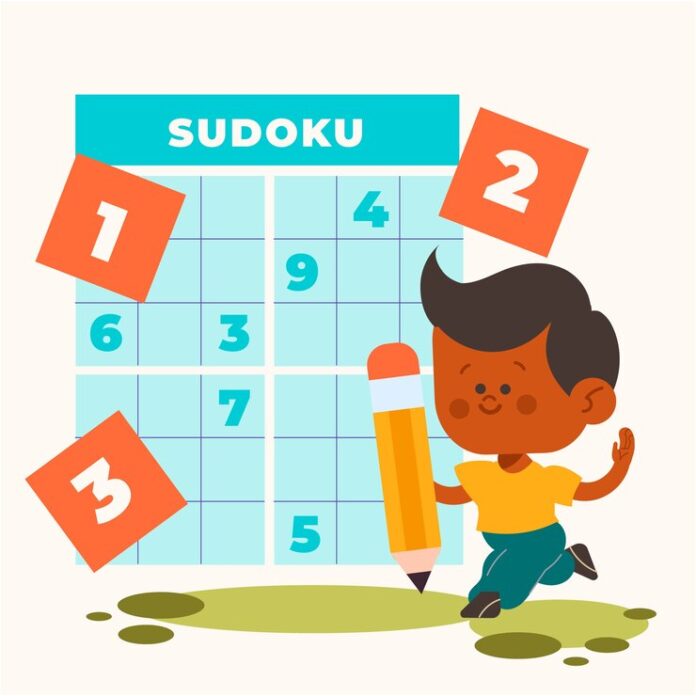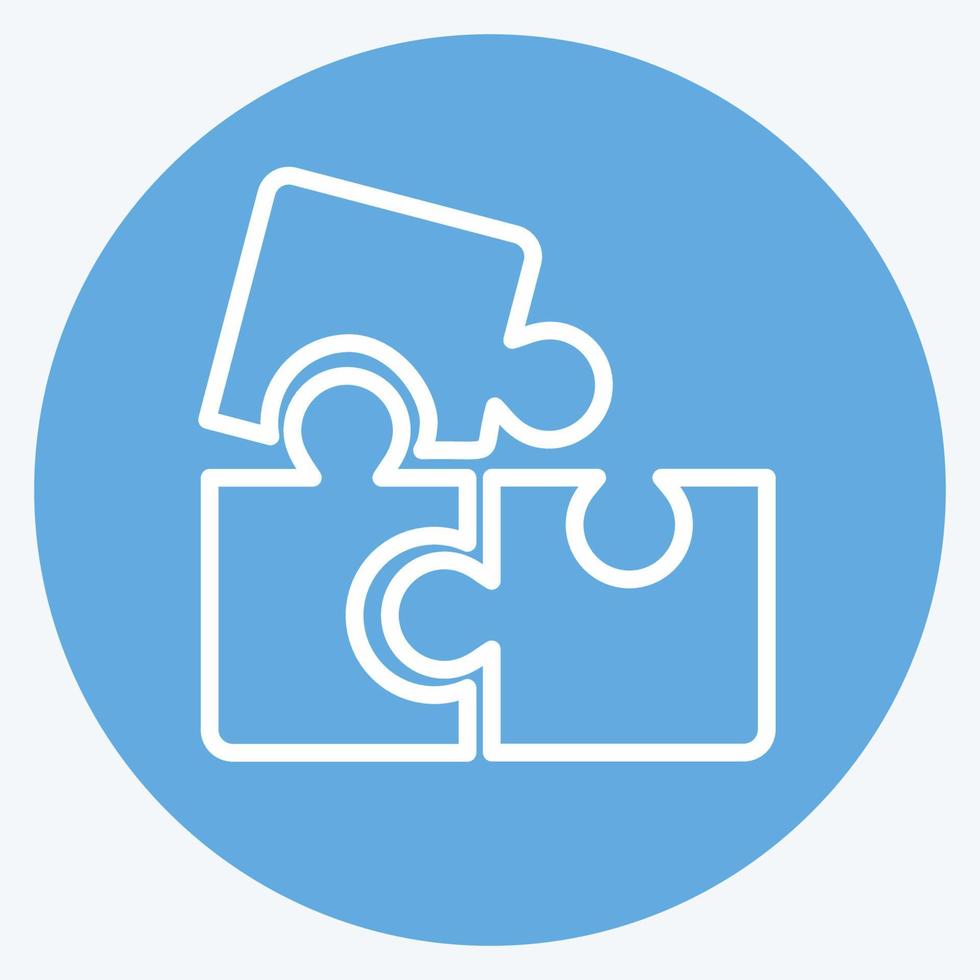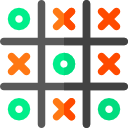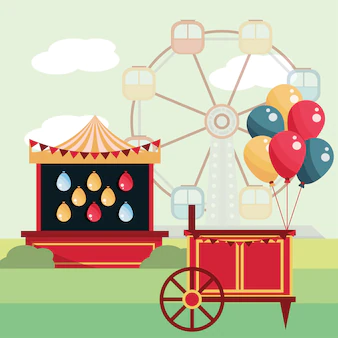In a world where digital entertainment often steals the spotlight, finding engaging and educational activities for children can be a challenge. Enter Sudoku—a timeless number puzzle that not only entertains but also sharpens critical thinking and problem-solving skills. At EasyShiksha.com, we believe in the power of learning through play, and Sudoku offers a fun way for kids to develop essential cognitive abilities. This article explores the benefits of Sudoku game for children, tips for getting them started, and how it can transform learning into an adventure.
Educational Games for Kids
What is Sudoku?
Sudoku is a logic-based number placement puzzle typically played on a 9×9 grid, divided into nine smaller 3×3 subgrids. The objective is to fill the grid with digits from 1 to 9 so that each row, column, and subgrid contains all numbers without repetition. While it may seem complex, Sudoku can be adapted for kids by using smaller grids or fewer numbers, making it an excellent introduction to logical reasoning.
Why Sudoku is Great for Kids
1. Enhances Problem-Solving Skills
Sudoku challenges children to think critically and develop problem-solving strategies. As they work through puzzles, they learn to analyze patterns, identify possibilities, and make logical deductions. These skills are transferable to various academic subjects, particularly math and science, where problem-solving is crucial.
2. Improves Concentration and Focus
In an era of constant distractions, teaching kids to concentrate is more important than ever. Sudoku requires sustained attention and focus, as players must concentrate on the grid and avoid mistakes. By regularly engaging in Sudoku, children can improve their concentration levels, leading to better performance in school and other activities.
3. Boosts Mathematical Skills
While Sudoku is primarily a logic game, it is rooted in mathematical concepts. As kids fill in numbers, they reinforce their understanding of number sequences, patterns, and basic arithmetic. This exposure can help solidify their math skills, making them more confident in the subject.
4. Fosters Patience and Perseverance
Sudoku can sometimes be challenging, requiring kids to approach problems from different angles. This process teaches patience and perseverance, valuable life skills that will serve them well in various endeavors. Learning that it’s okay to struggle and that persistence pays off is a crucial lesson for young learners.
5. Provides a Sense of Accomplishment
Completing a Sudoku puzzle can be incredibly rewarding for kids. The sense of achievement they feel after solving a challenging puzzle boosts their self-esteem and motivates them to take on new challenges. This positive reinforcement encourages a growth mindset, where they are willing to tackle difficult tasks without fear of failure.
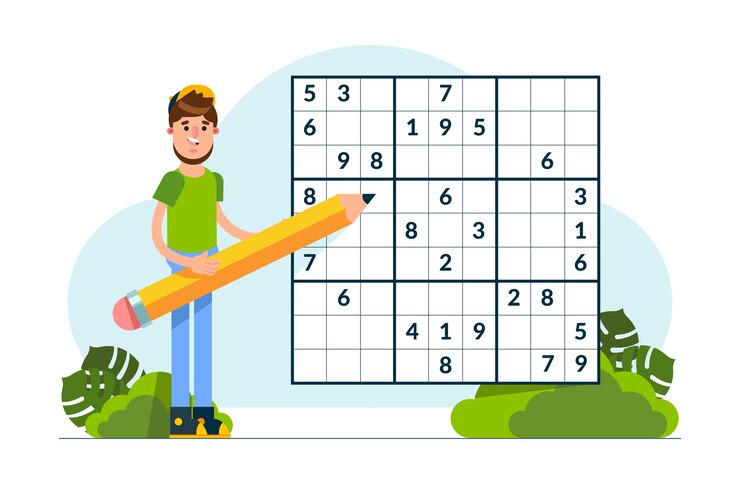
How to Introduce Sudoku to Kids
1. Start with Easy Puzzles
When introducing Sudoku to children, begin with easy puzzles that have more numbers filled in. This approach allows them to grasp the rules without feeling overwhelmed. As players get more familiarity with the game, progressively raise the difficulty.
2. Use Colorful Worksheets
Children are naturally attracted to colors and visuals. Consider using colorful Sudoku worksheets to make the game more engaging. Many online resources offer printable Sudoku puzzles designed specifically for kids, featuring fun themes and vibrant colors.
3. Make it a Family Activity
Sudoku can be a fantastic family bonding experience. Set aside time to solve puzzles together, encouraging discussions about strategies and approaches. This collaborative environment not only enhances learning but also strengthens family connections.
4. Incorporate Technology
In today’s digital age, utilizing apps and online platforms can make Sudoku even more accessible. Many educational apps feature interactive Sudoku puzzles tailored for kids, complete with hints and tutorials to guide them through the solving process.
5. Celebrate Achievements
Recognize and celebrate when kids successfully complete a puzzle. This acknowledgment can be as simple as verbal praise or a small reward. Celebrating their achievements reinforces their progress and motivates them to continue playing.
Sudoku Resources for Kids
Here are some excellent resources to help kids get started with Sudoku:
- Books: Look for Sudoku books that cater specifically to children, featuring colorful designs and age-appropriate puzzles.
- Apps: Many mobile apps are designed for Sudoku enthusiasts of all ages. Look for those that offer tutorials, hints, and varying difficulty levels.
- Websites: Websites like EasyShiksha provide a range of Sudoku puzzles that kids can solve online, often with interactive features that enhance the learning experience.
What's New in Free Kids Learning?

Educational Games
Educational games are games explicitly designed for educational purposes with incidental or secondary educational value.
Click to Learn
Educational Video
Educational Videos increase student engagement in online classes, which helps boost their achievement.
Click to Learn
Worksheets
Worksheets are an essential part of a kid's learning process. It provides them to test their Learning and involve them in regularpractice.
Click to Learn
Questions
Kids cherish inquiring questions and their consistent 'Whys, How's, Who's are sufficient to drive indeed.
Click to Learn
Stories
Stories are the best way to develop a child's imagination by introducing new ideas into their world.
Click to Learn
Poems
Poems are perfect for young children to enhance their vocabulary and read skills. they may think poetry is incredible!
Click to LearnFAQs: Frequently Asked Questions
Q1. What age is appropriate for children to start playing Sudoku?
Children can start playing Sudoku as early as 5-6 years old, depending on their understanding of numbers and patterns. Begin with simple puzzles and gradually introduce more challenging ones.
Q2. How can Sudoku improve a child’s math skills?
Sudoku reinforces number recognition, sequencing, and basic arithmetic concepts, helping children develop a stronger foundation in math.
Q3. Are there different types of Sudoku puzzles for kids?
Yes! There are various Sudoku formats, including 4×4 grids for beginners, themed puzzles, and puzzles with illustrations to make them more appealing to kids.
Q4. Where can I find Sudoku puzzles for kids?
You can find printable Sudoku puzzles online, in educational workbooks, or through mobile apps designed for kids learning.
Q5. Can playing Sudoku help with focus and attention?
Absolutely! Regularly engaging in Sudoku trains the brain to concentrate and enhances overall attention span, benefiting children in their studies.
Q6. How does Sudoku support kids’ learning in a fun way?
Sudoku provides an enjoyable method for kids to develop critical thinking, problem-solving skills, and mathematical abilities while having fun.
Related Article: Hit the Target: Engaging Kids with Fun Carnival Shooting Games
Get Courses: card magic online courses
Conclusion
Sudoku is more than just a number puzzle; it is an adventure in learning that can engage kids in a fun and meaningful way. By enhancing problem-solving skills, improving concentration, boosting mathematical abilities, and fostering patience, Sudoku prepares children for academic success while providing endless entertainment. As parents, educators, and caregivers, embracing Sudoku as a learning tool can enrich children’s educational experiences.
For more resources and courses to aid in your child’s learning journey, visit easyshiksha.com.





































